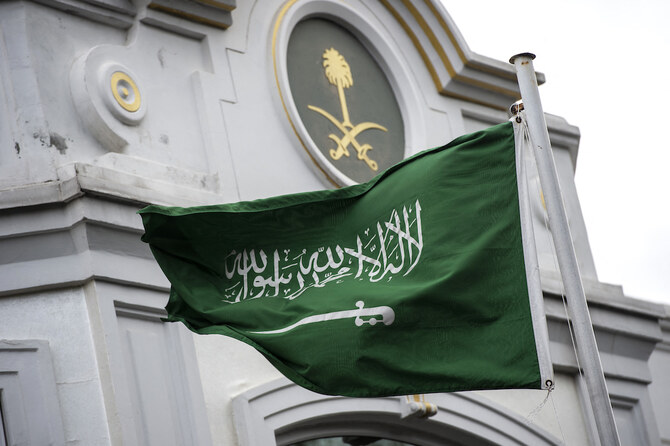RIYADH: Every year, millions of Muslims around the world take on a spiritual journey to perform the pilgrimage to Makkah. This religious obligation is only performed once in a lifetime for those who are able, and begins long before the pilgrim arrives in Makkah.
The route to the holy city begins with a deep, personal decision motivated by faith, hope for closeness to God, and the fulfilment of accomplishing one of the five pillars of Islam.
From the moment pilgrims form the intention to perform Hajj, a transformative process begins where they must secure their spot through Saudi officials in their countries.
Some countries request attending educational seminars before the Hajj to prepare them spiritually and physically for the trip.
“We have the administrative facilities that include Hajj registration, application, and all related administrative matters,” said Abdulrahman Mustafa Hamidh, a Syrian living in Turkyie, who is currently working as a religious guide for pilgrims.
“It’s simple. The process starts by applying through the Hajj offices located throughout the city, or by appointing someone for those who are far away in distance and unable to attend. They can appoint someone else, such as a brother, to do the registration process for them and pay a small registration fee,” he said.
Hamidh is currently studying for his PhD in religious studies and has been a frequent traveler to Makkah for Hajj since 2016.
After registration is completed, Hamidh explained the second step, which is the final part of the process. According to him, people take their passports to their guide or group leader to complete their registration applications for them.
“The entire process for pilgrims is very, very simple,” he said.
After this step, pilgrims wait for their applications to be accepted by Saudi officials and to receive their visa and the documents that they need for Hajj.
Once accepted, pilgrims receive the necessary tools such as Ihram, luggage, and all the belongings they will need for the journey.
“As for packing a travel bag, it’s also easy. Hajj pilgrims often receive large luggage from the organizing agency, which contains smaller bags and other Hajj supplies, such as Ihram, as well as Hajj garments for women,” Hamidh said.
When pilgrims complete the logistics, prepare their luggage and say their farewells to their families and loved ones, they leave their homes, carrying with them not only essential supplies but also hopes, prayers and hearts full of devotion.
However, while they arrive in Makkah and engage in this emotional and precious experience, others may face obstacles that hinder them from either completing the journey or arriving early.
One example is the journey of a pilgrim from Libya, Amir Qathafi, who was part of the last group of pilgrims from his country to depart for Makkah this year.
Unfortunately, before boarding, it took some time to go through security due to an issue with his passport. This resulted in the plane taking off, leaving him behind.
Surprisingly, a problem with the plane arose a few minutes after take-off, which required the pilot to return to the airport to solve the issue.
For a second time, Amir was refused permission to board the plane, and the flight took off again. Yet, miraculously, performing Hajj this year was destined for him, and the plane faced another technical issue a few minutes after the second departure.
This time, the pilgrim from Libya was allowed to board the plane to join the rest of his team on the route to Makkah.
Like Amir, millions of Muslims have genuine appreciation for this once-in-a-lifetime opportunity. The journey to Hajj is more than a physical experience. It is a deeply spiritual and emotional commitment that begins with intention and ends with lifelong transformation.


























